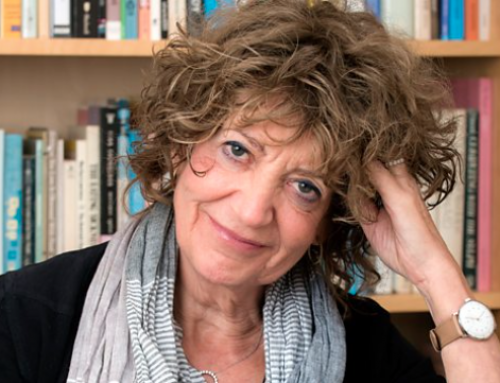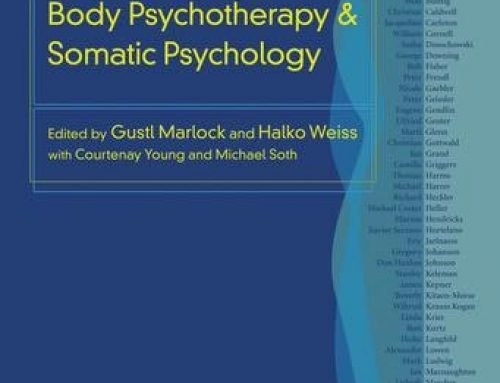Preparing a workshop for a new group or organisation that I have not worked with before can be useful, taking me back to first principles. On Saturday I will be running an experiential workshop for the foundation year of the Society of Analytical Psychology.
Here is the workshop description I came up with and the questions I’m thinking about, partly sparked off by the fact that this is the first session of an ongoing group, making me think about first sessions, initial dilemmas and perceptions in first meetings:
Many of the central issues of any therapeutic (or relationship) process – sometimes unfolding over years - are said to be manifesting – and therefore tangible - in the first hour of our encounter. And a crucial question for all therapy is: what kind of awareness and attention do we bring to this as therapists? And further: how do our concepts and theories support, reveal or occlude our perceptive capacities, of ourselves and others? What are our channels and ‘doors of perception’ in relation to body, mind and psyche, and especially their unconscious workings? Considering that the ‘talking therapies’ have a legacy of being somewhat disembodied, how can be bring all our bodymind faculties to the encounter?
The occasion has made me think about the two traditions: the Jungian and post-Jungian tradition on the one hand, and the body-oriented, Reichian and post-Reichian are on the other.
There has been relatively little communication and cross-fertilisation between the two, although they are deeply complementary, and actually require each other in order to pursue their underlying shared intuition/objective towards some sort of wholeness (which the Reichians conceive of as bodymind integration, and the Jungians have their own sophisticated, evolved terminology for – in terms of the psychological types, the individuation process and the inner marriage).
There is James Conger's book, The Body as Shadow, imagining a meeting between Jung and Reich as people, as theories and as approaches, and working towards that complementarity of the traditions.
There is process-oriented psychology, based on Arnie Mindell’s Jungian training and background, and being strongly focused on following somatic process.
There is Marion Woodman's integration of her Jungian background with dance into a rich, creative embodied mix.
And there is Jung’s underlying theoretical and philosophical appreciation of the body and body process, which however did not translate into any practical or clinical’’ application.
But apart from those rare encounters, the two traditions have remained relatively oblivious of each other.
If there is interest from you, I might make that a bit of a focus over the next few months, maybe using a transcript of a teaching talk I gave in Pakistan a couple of years ago.



Leave A Comment
You must be logged in to post a comment.